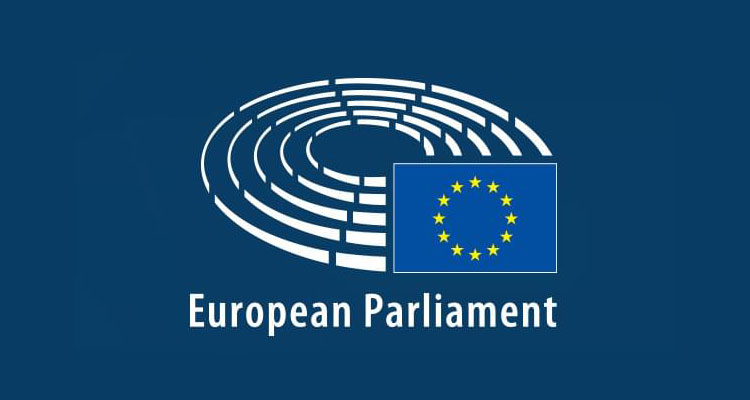The EP will send a delegation of MEPs to Belgrade and Pristina from 27 February to 2 March to take stock of the political situation and assess the EU’s relations with Serbia and Kosovo.
A seven-MEP strong delegation, headed by Foreign Affairs Committee Chair and rapporteur for Serbia, Mr David McAllister (EPP, DE), will meet the political leadership in Belgrade and Pristina as well as national MPs, opposition and civil society representatives. The purpose of the visit is to assess the political situation on the ground and to take stock of Serbia’s and Kosovo’s current relations with the EU, including mutually agreed reforms and the EU-facilitated dialogue between Belgrade and Pristina.
On 29 November last year, the European Parliament adopted two resolutions on Serbia and Kosovo. In these, MEPs welcomed Serbia’s continued engagement on the path of integration into the EU, although they also urged the authorities to step up reform efforts on the rule of law, intensify the fight against corruption and organised crime, and continue to reform the country’s public administration.
On Kosovo, MEPs welcomed recent legislation passed, but expressed concern at the lack of cross-party consensus and lingering political polarisation, which continues to adversely affect the path to sustainable reform. They also demanded greater efforts in the fight against widespread corruption, to address the elements of state capture and undue political influence and the lingering problems with due process. In both resolutions, MEPs supported the dialogue facilitated by the EU as the framework to reach a comprehensive normalisation agreement between Serbia and Kosovo. While taking note of the recent debate on possible exchanges of territories between Serbia and Kosovo, MEPs underlined that ethnically homogeneous states should not be the objective in the region and that any future agreement would be acceptable only if mutually agreed between Serbia and Kosovo and if it takes into account the overall stability in the region and international law.
The upcoming visit is expected to address some of the topics highlighted in the EP resolutions adopted in November 2018 as well as the latest developments in the region.
Ahead of the visit, Mr McAllister said: “Next week, the European Parliament’s Foreign Affairs Committee is sending two delegations to the Western Balkans – these will likely be the last two missions of this committee this legislature. The Western Balkans are a priority for EU foreign policy. We need to support Serbia and Kosovo in building strong democratic institutions that uphold the rule of land allow for a thriving civil society. Above all, we need to achieve good neighbourly relations between all countries in the region, building on the recent success in North Macedonia. We attach great importance to the developments in Serbia and Kosovo and to their citizens’ aspirations, which is why we are coming to meet with both the political leaders and civil society in this crucial period.”
In addition to Mr. McAllister, the EP’s delegation will be composed of six MEPs:
Mr Elmar Brok (EPP, DE), Ms Neena Gill (S&D, UK), Mr Arne Lietz (S&D, DE), Mr Ryszard Czarnecki (ECR,PL), EP rapporteur for Kosovo Mr Igor Šoltes (Greens/EFA/SL) and Mr Jaromir Kohlicek (GUE/CZ).
*This designation is without prejudice to positions on status, and is in line with UNSCR 1244/1999 and the ICJ Opinion on the Kosovo declaration of independence.




